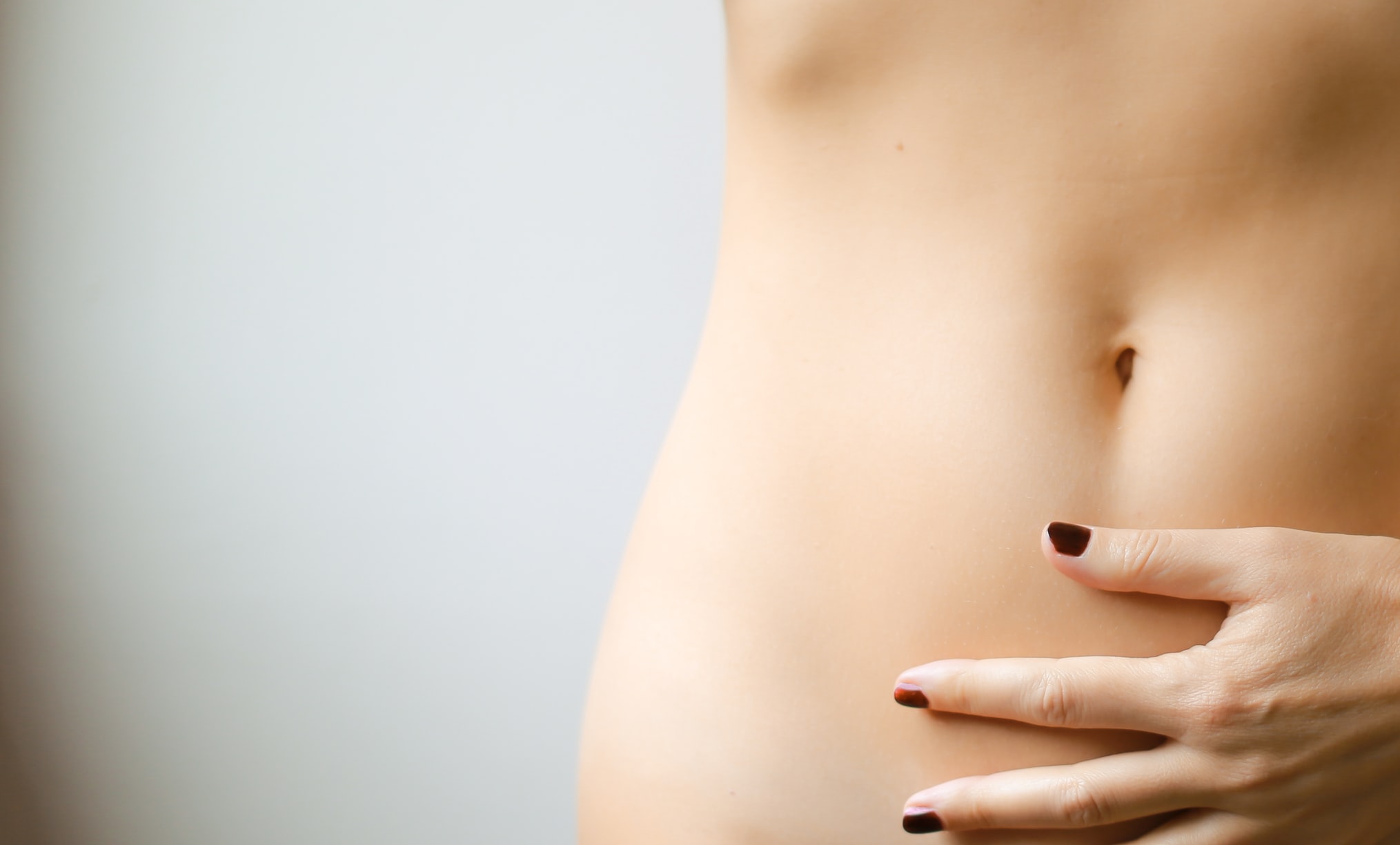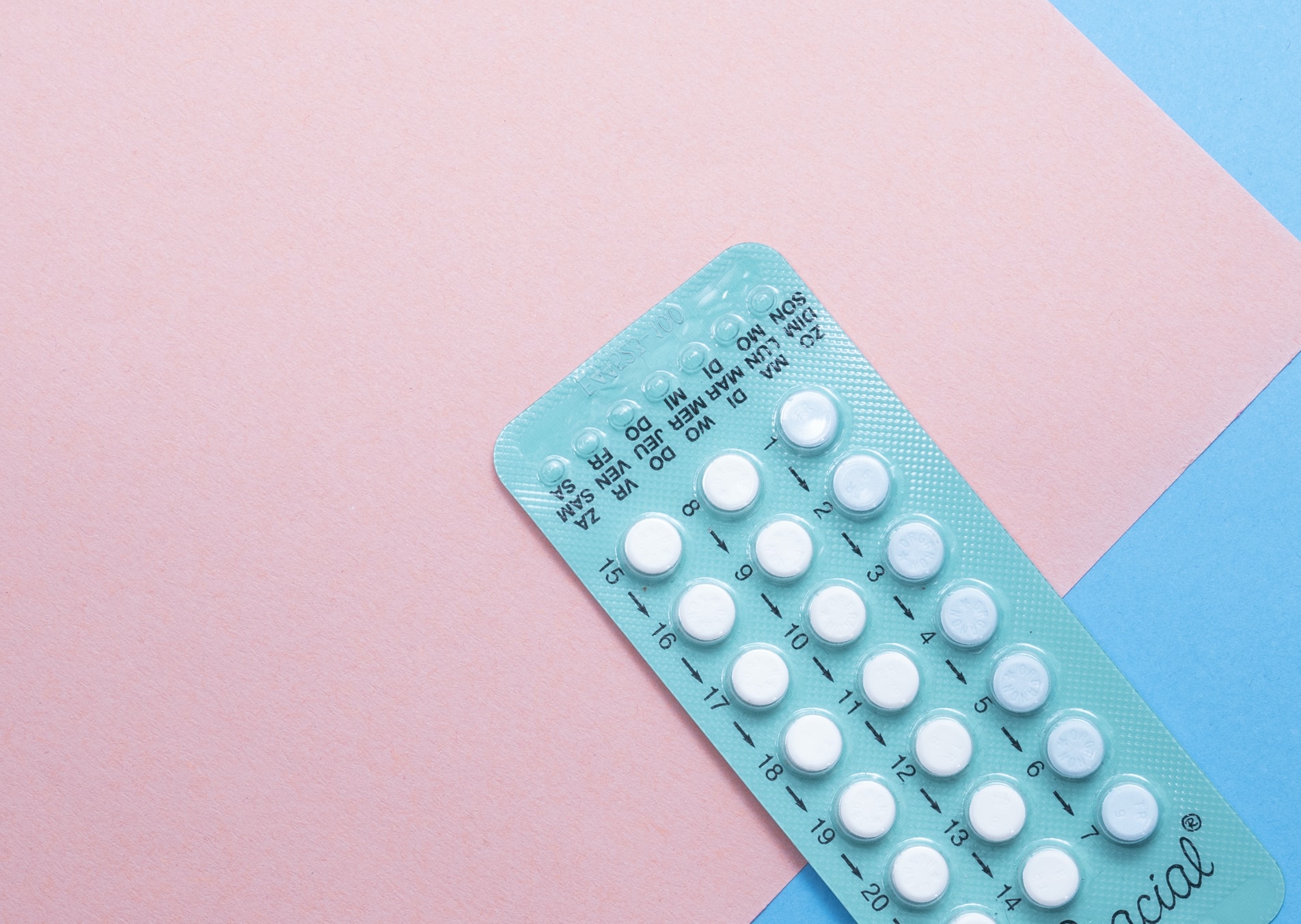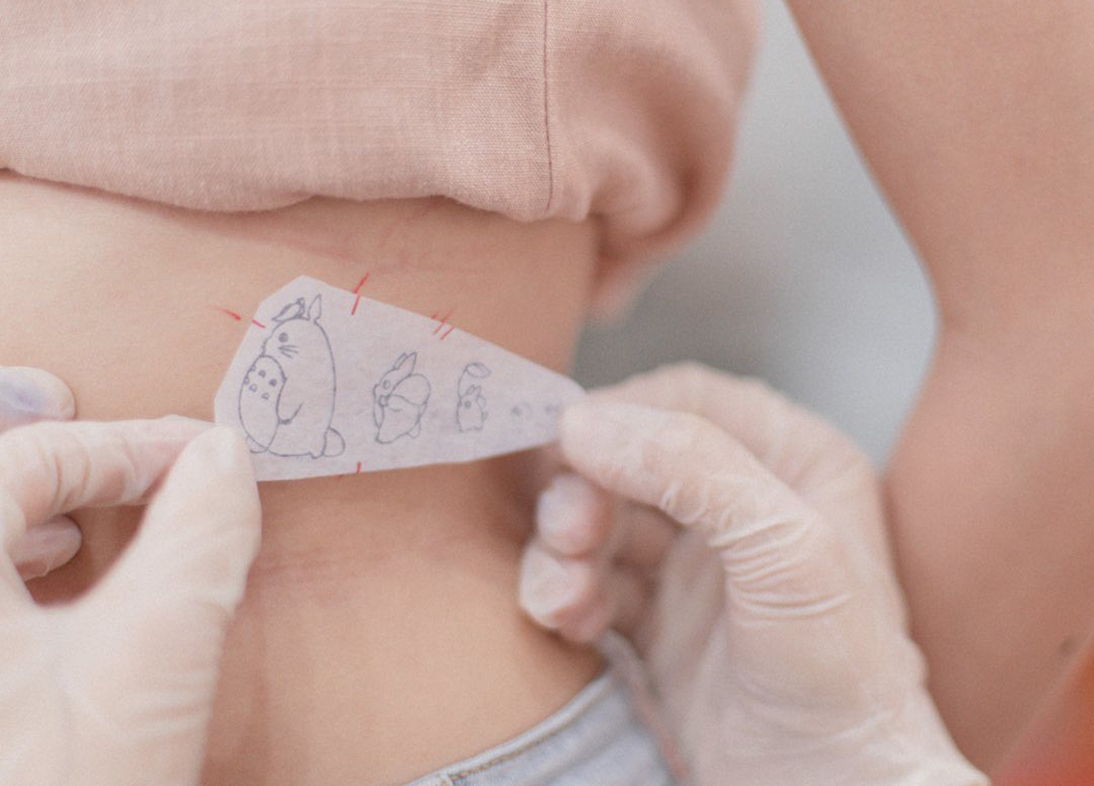RECOMMENDED
Remember that hormonal roller coaster ride during your teenaged years? Well, we hate to break this to ya, but that’s not the only time your body will go through such big changes. For us ladies, we’d dub this experience “reverse puberty“. Or, well, perimenopause; an affliction which commonly hits you in your 40s — except it is proving to be more commonplace than we’d think, whereupon they’re occuring to more women in their 30s, as of late. The hormonal ups and downs of this phase come with a maelstrom of uncomfortable sensations — most of which we will describe below, alongside a multitude of solutions to try to alleviate said symptoms. Get those pens out, folks, because class is officially in session.
What is perimenopause, exactly?
Known as a transitional phase, perimenopause begins a few years before menopause. It is a natural part of ageing and can last anytime between 2 — 8 years. During this phase, the amount of oestrogen (female hormones) produced by ovaries gradually drop. Oestrogen levels will fluctuate more wildly than in a normal 28-day cycle. This reduction gets faster in the final 2 years of perimenopause, eventually leading to menopause when your ovaries shut down completely.

When does perimenopause typically start?
For most women, it will be around their mid-to-late 40s. However, some can notice changes as early as in their 30s. Menopause, on average, will come by the time you are 51.
How do I know if I’m suffering from perimenopause?
Essentially, look at it as your body reacting to the dip in oestrogen, and is changing so as to adjust to this newfound situation. Oestrogen withdrawals cause a variety of symptoms:
- Irregular periods: Your period will begin earlier or later than usual. It can arrive as early as the 21st day or as late as the 36th. Sometimes, you may miss a cycle entirely but then have extremely heavy periods in later months.
- Hot flashes and night sweats: Many women will experience a sudden wave of body heat — including flushing or sweating — that occurs for about 5-10 minutes, both in the day and night. They can start from various body parts. Hot flashes vary in intensity for different women; some will only feel a mild heat while others can get themselves into a sweaty mess.
- Vaginal dryness: Vaginal tissue will turn drier and thinner, leading to itchiness. This will make sexual intercourse unpleasant and contribute to a reduced sex drive.
- Mood changes: You may feel depressed, anxious, or irritable.
- Uterine bleeding: Heavy periods may happen as the uterine lining will build up to become thicker than normal before shedding.
- Sleep problems: 2 out of 5 women will have sleep issues, as night sweats will disrupt your snooze sesh.
Wait, but can I still get pregnant if I am perimenopausal?
Yup. Although there’s a dip in fertility, it’s possible to become pregnant. For those not intending to conceive, continue using birth control until you’re menopausing — which is often defined as not having your period for 12 months.

What are the treatments to ease the symptoms of perimenopause?
You can try hormone therapy. This will normalise the levels of oestrogen in your body so that unexpected dips and rises won’t lead to too much discomfort. Oestrogen is normally paired with progestin and is available in the form of creams, gels, skin patches and pills. They can be prescribed to you or obtained over the counter. Otherwise, there are also more targeted medications such as antidepressant to deal with mood swings; vaginal creams to reduce dryness and discomfort from sex; as well as gabapentin (a seizure medication) to cope with hot flushes.
Is there anything else I can do to alleviate the symptoms?
Take care of your overall well-being. Exercising regularly will uplift your mood. On top of that, watch your diet by reducing alcohol intake and avoiding heavy meals. Try to standardise your sleeping pattern as well — hit the sheets and wake up at the same time every day. If you’re a smoker, quit smoking.
ADVERTISEMENT. CONTINUE READING BELOW



